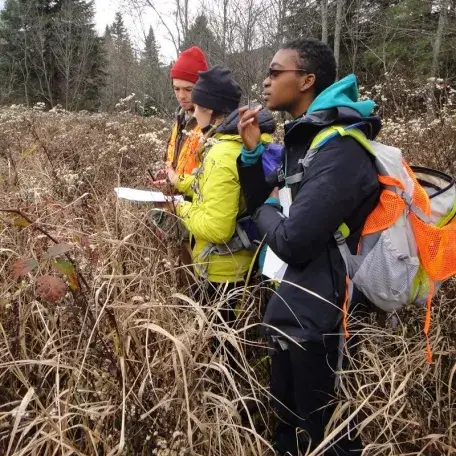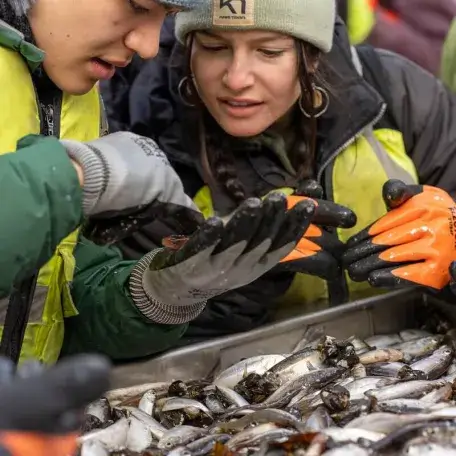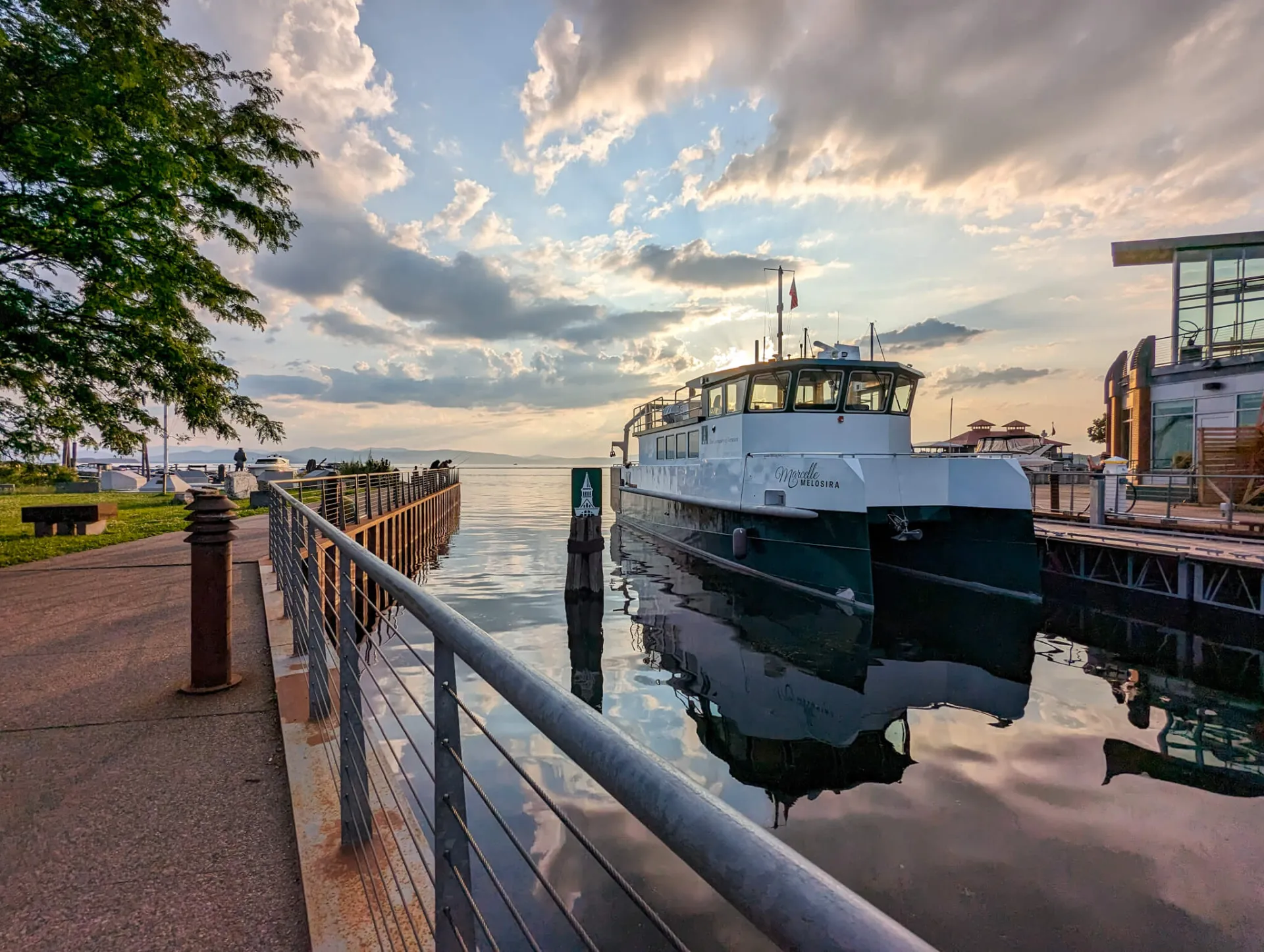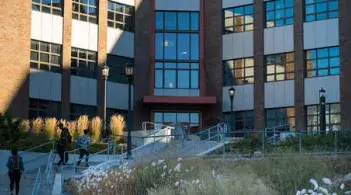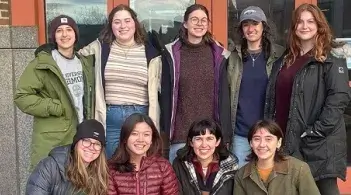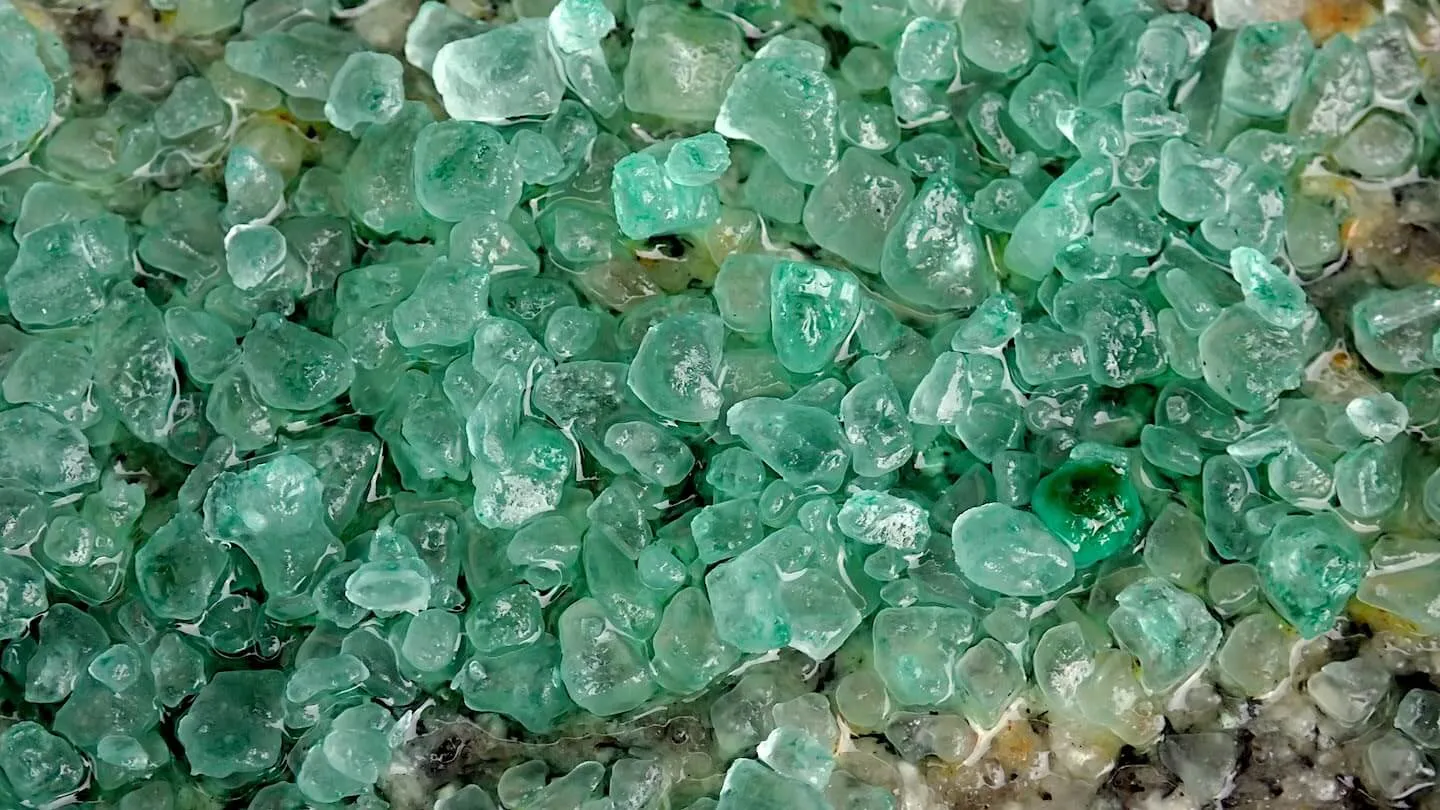For 50 years the Rubenstein School has prepared environmentally and socially responsible leaders, scientists, practitioners, and advocates.
Our science-based curriculum recognizes the interdependence of people and healthy ecological systems. Rubenstein School programs focus on experiential learning and inspire students to apply knowledge to real-world projects. Our graduates gain the skills needed to make change and resolve complex environmental challenges.
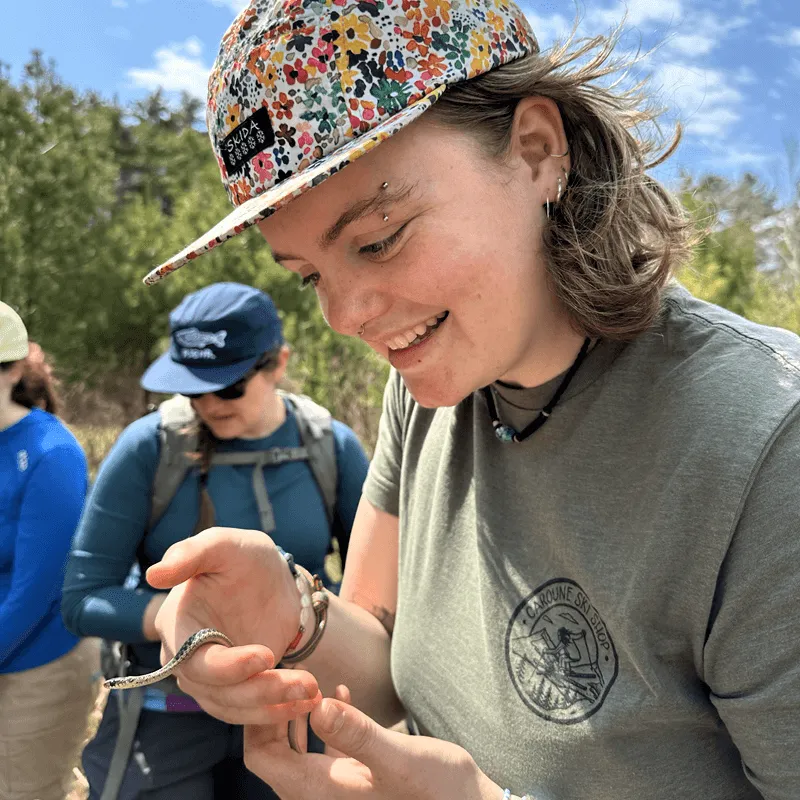
Degrees and Programs
Hands-on learning, outstanding faculty, an innovative curriculum, and state-of-the-art research come together in our extraordinary outdoor laboratory and on-campus facilities. We provide a personalized experience for our tight-knit student community.
Undergraduate Programs Graduate ProgramsBy the numbers
- nearly half our courses include field study
- over 90% of our seniors report having an internship or other experience-based learning opportunity
- 14 UVM forests and natural areas, including the summit of Mt. Mansfield
